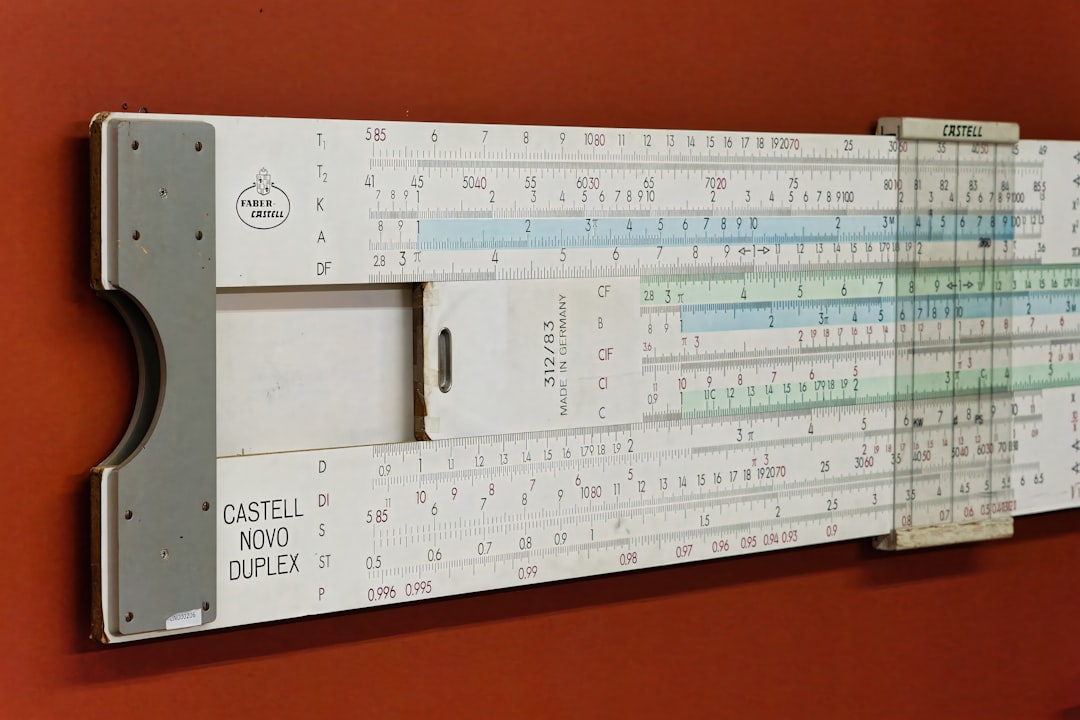Sales teams today operate in a highly competitive and fast-paced environment. To succeed, businesses must streamline their processes and maintain strong relationships with customers, which is where Customer Relationship Management (CRM) tools come into play. Integrating CRM tools into the sales workflow significantly enhances both the efficiency and effectiveness of sales operations.
Improved Organization and Data Centralization
One of the core advantages of CRM tools is their ability to centralize customer data. This provides sales teams with a single source of truth, storing critical information such as contact details, communication history, previous purchases, and preferences. Centralizing data reduces the chances of overlapping contacts, missed follow-ups, or miscommunication.
With all relevant data in one place, sales representatives spend less time searching for information and more time focusing on selling. Moreover, this access empowers them to tailor their interactions to individual customer needs, leading to increased satisfaction and higher conversion rates.

Enhanced Collaboration Between Teams
Modern sales strategies require seamless coordination between various departments, including marketing, customer service, and sales. CRM tools enable this integration by providing a unified platform where teams can share updates, track interactions, and collaborate on customer touchpoints in real time. This fosters a more consistent customer experience and ensures no opportunity falls through the cracks.
For instance, marketing can inform the sales team when a lead engages with a new campaign, allowing for more timely and personalized follow-up. Customer support can also log issues that may influence purchase decisions, enabling the sales team to be informed when reaching out.
Automation of Repetitive Tasks
CRM tools automate many routine tasks such as data entry, follow-up emails, appointment scheduling, and logging calls. This reduces the administrative burden on sales representatives, freeing them up to focus on high-value tasks like closing deals and nurturing customer relationships.
Automation also helps maintain consistency in communication. For example, trigger-based emails can be sent at just the right time, keeping the prospect engaged without manual effort from the sales team.

Real-Time Reporting and Analytics
Another powerful benefit of integrating CRM tools is gaining access to real-time analytics and performance metrics. These reports help sales leaders monitor pipeline health, track individual and team performance, and identify trends affecting sales outcomes. Through detailed dashboards and custom reports, CRMs provide insights that inform data-driven decisions and strategic planning.
Performance tracking also boosts accountability within sales teams. Reps can clearly see how they’re progressing toward their goals, while managers can identify who may need additional support or training.
Elevated Customer Experience
Ultimately, CRM integration enhances the customer journey by ensuring a personalized and consistent experience at every stage of the sales funnel. When reps are well-equipped with historical data and customer insights, they can deliver value-driven conversations and build lasting relationships.
Long-term, this improves customer retention and lifetime value, which are critical indicators of business growth and success.
Conclusion
Integrating CRM tools into the sales workflow is no longer a bonus—it’s a necessity for businesses aiming to optimize their sales process, improve customer relationships, and enhance team productivity. Whether it’s through organization, automation, collaboration, or insights, CRM systems deliver advantages that elevate the overall performance and impact of sales teams.
FAQs
- What is a CRM tool?
A CRM (Customer Relationship Management) tool is a software platform designed to manage a company’s interactions with current and potential customers. It helps track contacts, sales activity, communication, and analytics. - Can small businesses benefit from CRM tools?
Yes, small businesses can greatly benefit by better organizing contacts, tracking leads, and automating marketing activities even with a small team or limited budget. - Are CRM tools difficult to integrate?
Modern CRM tools often provide integration with existing platforms like email, calendars, and marketing tools. Many come with user-friendly interfaces and setup wizards to simplify the process. - How does CRM automation help sales teams?
CRM automation saves time by handling repetitive tasks such as sending follow-up emails, scheduling calls, and updating lead status, allowing sales reps to focus more on selling. - What metrics can CRMs track?
CRMs can monitor deal progress, sales rep performance, customer touchpoints, conversion rates, forecasting, and many other KPIs essential for assessing sales performance.
